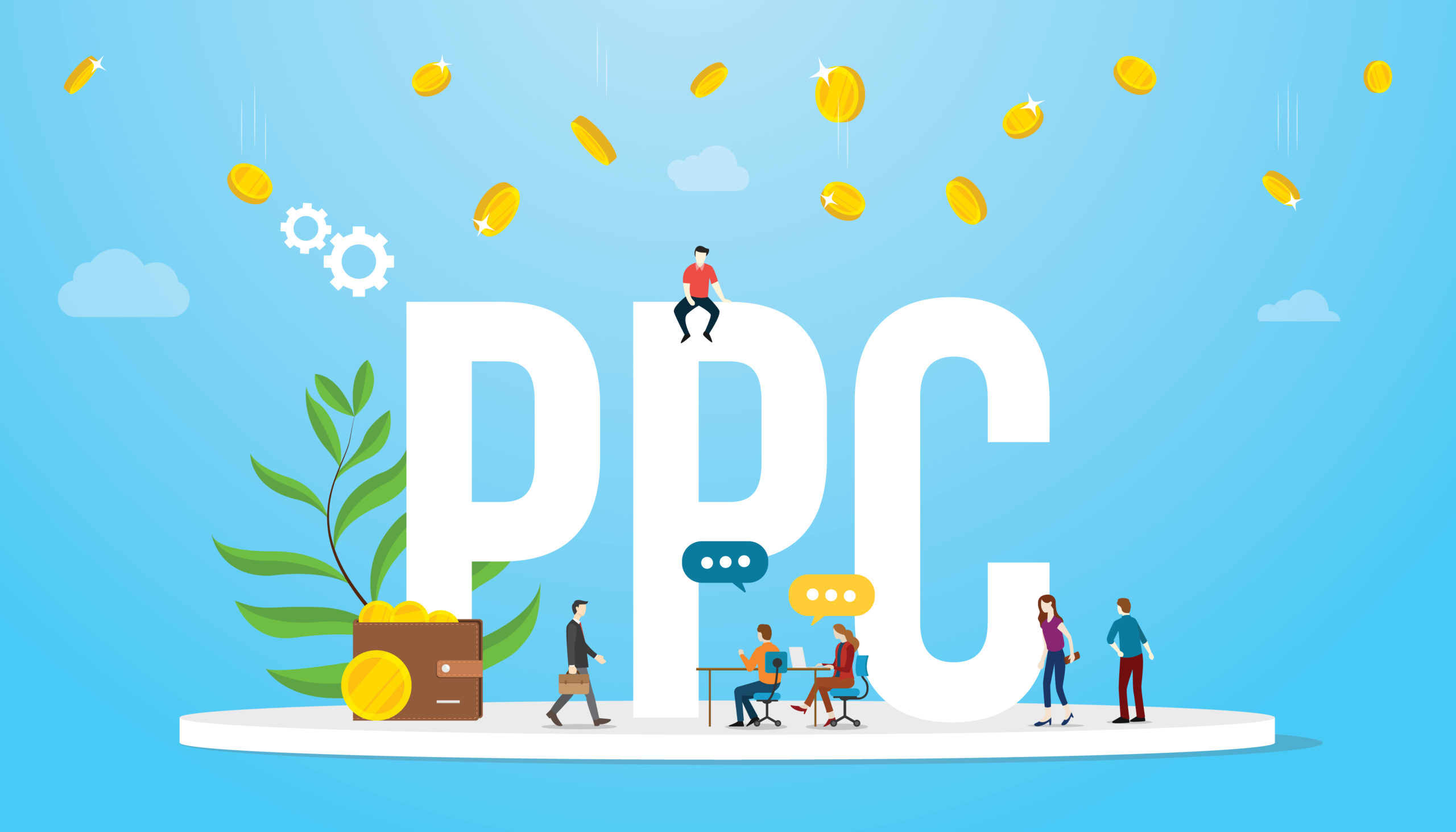Don’t Be Tricked By Brand Keywords: A PPC Marketer’s Perspective
It’s a tale as old as time. Your PPC campaign is doing great, and the conversions are rolling in. Even better: when you go to check your search terms, it’s all traffic from your brand keywords!
This seems like a great thing: if someone is searching for your brand, they’re definitely looking for you. These are high intentionality: not only do they want your product or service, they want you.
But what if I told you that brand keywords driving your PPC campaign is bad news for it?
Why Are Successful Brand Keywords A Bad Sign For My PPC Campaign?
When considering why this might be a bad sign for your keywords, intentionality is key. Not just that it is high, but what is causing that intentionality.
Stay with me here, but let’s break down the sorts of people who would enter your brand name into Google:
- They have a high degree of knowledge – they know about you and what you do, after all.
- They likely acquired this knowledge from an external source – a friend referral, or a member of the family.
- They’re a previous customer who knows and trusts your service, and are looking to convert again.
Only one of these really represents new business: referrals. And they have almost nothing to do with your PPC campaign. They clicked on your ad because it was the first thing linked to the business they saw.
Look at it from their perspective: they’ve entered your name into Google, your ad was the first result. They’ve clicked through to your landing page to buy something they were already going to be buying. All that’s happened here is that you’ve lost money on the initial click, and any that come afterward.
If your campaign has been drawing in these types of customers, what does it mean PPC-wise?
What Brand Keywords Leading Means For Your PPC
Brand keywords leading your PPC campaign is bad news for everyone. It means you’re failing to broaden your audience: only drawing in easy conversions.
With a good brand keyword strategy, these terms are also never competitive. Unless competitors are very shady with their landing pages, you’re always going to be showing up for them. Either organically or through a PPC ad you’ve placed above the search results.
In short: the campaign isn’t growing, and that’s what everyone knows the broad reach of PPC ads does: get your campaign on the screens of people who are looking for something related to your brand.
Brand keywords ranking well represents no real term growth for customers or clients. The numbers in Google Ads might look great, but your margins at the end of the month will tell a clear story.
So why do people bother with their brand keywords at all? There are more valid reasons than I’ve been making out so far.
So Why Bother With Brand Keywords At All?
Don’t get me wrong, it’s still important to have a good brand keyword strategy integrated into a PPC campaign. Think back to my earlier example. If competitor’s websites have good domain authority, Google picks up they’re related. They might rank above you in search results!
Worse, they could be very cheeky and bid on your brand keywords when you aren’t. Placing ads right above links to your website. Syphoning what should be good, safe brand traffic and conversions.
This is especially important if you’re doing B2B PPC: brand recognition will typically be repeat customers who already know about your service, so retention is key!
Think of your brand ad group instead as a castle. You’re playing defence with brand keywords. Good bids to ward off competitors, and ads to counter SEO slippage.
PPC campaign management is an ongoing process, and a good brand keyword strategy is vital.
With all this said, let’s talk about how to grow your campaign beyond brand keywords.
Growing Beyond Brand Keywords
So now you know that brand keywords leading is a bad thing. How do you change up your campaign strategy to make other ad groups more competitive?
The first thing you can do is revisit your bid strategy. Check your position rankings on general industry keywords. See where your ads are landing. If they’re on a low absolute top rate, it’s time to roll up your sleeves and get ready to spend more.
If you’ve committed the cardinal sin of ad copy – referring to your brand in your PPC ads – it’s also time to redo your ads. Remember that outside of brand ad groups you’re trying to explain who you are and what your offer is in a succinct way. Nobody off the street has any idea what your brand name represents.
Don’t be afraid to branch out your keywords too. Find the sort of long-tail, industry-specific keywords that still generate good conversions. These are life savers if your campaign budget is lower than many competitors: find a niche and fight for it.
All three of these should help overcome only brand keywords doing well. Consider hiring a PPC advertising agency for more specialist campaign management.




